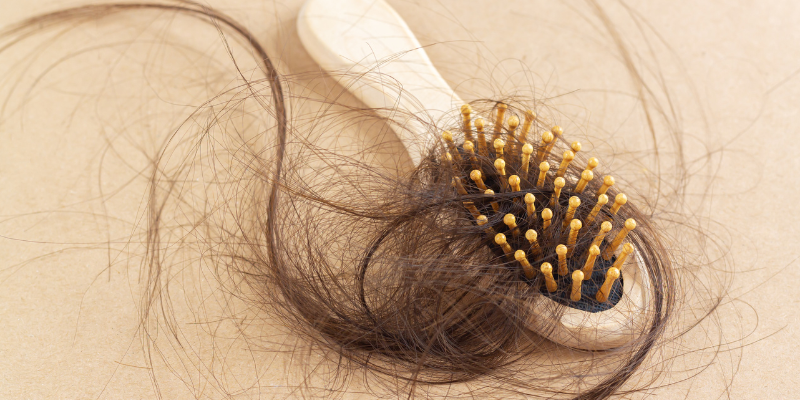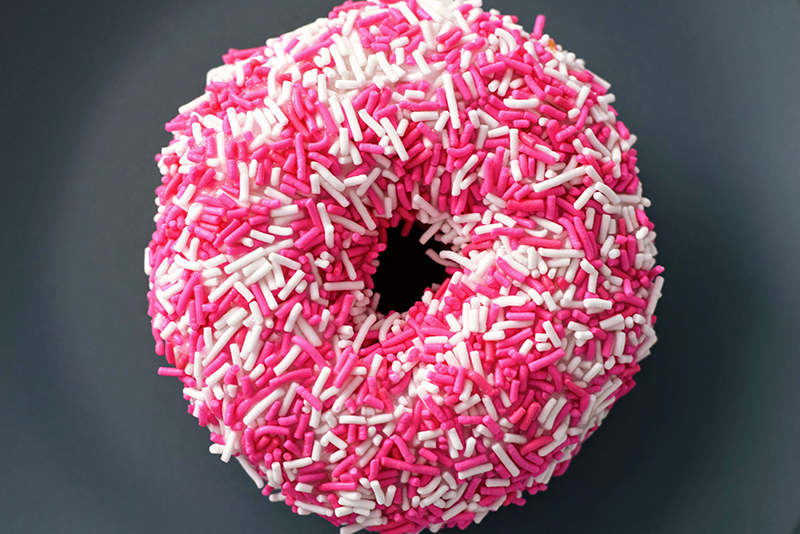
Experiencing hair shedding after bariatric surgery is a common issue, affecting up to 80% of patients. This typically occurs in the initial months post-surgery during periods of rapid weight reduction. The primary causes of hair loss in this context are the physiological stress from sudden weight loss and various nutritional deficiencies.
Most patients start to notice hair shedding between the second and third months post-operation, with the condition peaking around the fifth or sixth month. Fortunately, this type of hair loss generally resolves itself as weight loss stabilizes and the body adapts to a new, steadier weight range.
Root Causes of Hair Loss Post-Bariatric Surgery
1. Physical and Emotional Stress of Surgery
Undergoing weight loss surgery places significant physical and emotional stress on the body, disrupting hormonal balance and potentially leading to hair loss. This type of shedding is often triggered by the shock of rapid weight change immediately following surgery.
2. Effects of Rapid Weight Reduction
The swift weight loss that typically follows bariatric surgery can lead to hair shedding, signaling hormonal imbalances or nutritional shortages. Hair requires a sufficient supply of nutrients and calories to maintain its strength and health. Rapid weight loss can compromise hair integrity, leading to shedding, particularly in cases where nutrition is inadequate.
This shedding is often associated with acute telogen effluvium (TE), a common type of hair loss that usually starts around the third month of rapid weight loss and can last until about the sixth month.
3. Nutritional Shortfalls
Bariatric surgery increases the risk of nutritional deficiencies due to changes in the digestive system's ability to absorb nutrients effectively. Gastric bypass and duodenal switch surgeries, for example, can significantly reduce nutrient absorption. This risk is compounded by the reduced caloric intake that all bariatric surgery types involve. Deficiencies in zinc, folic acid, and ferritin have been specifically linked to hair loss post-surgery.
Strategies to Mitigate Hair Shedding After Bariatric Surgery
While some hair loss post-surgery is inevitable, it can be managed and minimized through proper nutritional intake and supplementation.
1. Adequate Protein Consumption
It's crucial for bariatric patients to consume adequate amounts of protein, generally recommended at 80 to 100 grams daily. Initially, meeting this goal can be challenging due to the new, smaller stomach size. Supplementing with protein shakes can help achieve this protein intake.
2. Consistent Vitamin Supplementation
Due to the malabsorptive effects of some bariatric procedures, vitamin deficiencies are common. Lifelong vitamin supplementation as recommended by your healthcare team is essential. Supplements should particularly focus on zinc, folic acid, and ferritin, which are linked to hair health.
Additionally, biotin (vitamin B7) supplementation can be beneficial. Biotin promotes keratin production, enhancing hair growth and follicle development.
Conclusion
Hair shedding after bariatric surgery is a prevalent but manageable condition. While it affects a large percentage of patients, it is typically temporary, with hair growth resuming by the sixth month post-surgery as the body stabilizes. Proper nutritional strategies and consistent supplementation are key to minimizing this side effect and supporting overall health post-surgery.












